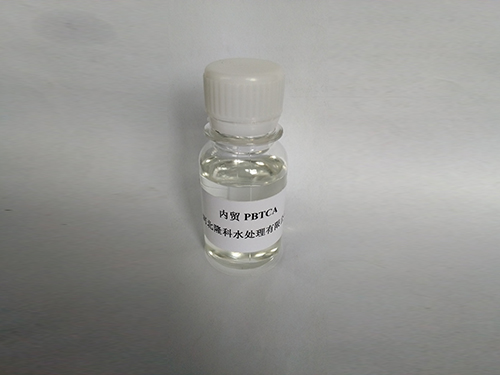Application of Poly Aluminium Chloride for Effective Wastewater Treatment Solutions
The Role of Poly Aluminium Chloride in Wastewater Treatment
Wastewater treatment is a critical process that ensures the safety of our water resources and the environment. One of the chemicals commonly used in this field is Poly Aluminium Chloride (PAC), a coagulant that plays a vital role in the removal of contaminants from wastewater. This article explores the properties, application, and benefits of PAC in wastewater treatment.
What is Poly Aluminium Chloride?
Poly Aluminium Chloride is a polymeric form of aluminium chloride, which is soluble in water and often used in drinking and wastewater treatment. It is produced by the controlled reaction between aluminium hydroxide and hydrochloric acid, resulting in a product with varying degrees of polymerization. PAC is favored for its high charge density and lower dosage requirements compared to traditional alum (aluminium sulfate).
Properties of PAC
PAC is characterized by its excellent solubility and stability in water. Its molecular structure allows it to carry a positive charge, which plays a crucial role in the coagulation process. When added to wastewater, it neutralizes the negative charges of suspended particles, allowing them to aggregate and form larger particles, or flocs. This process enhances the removal of suspended matter, turbidity, and other pollutants from the water.
Application in Wastewater Treatment
The use of PAC in wastewater treatment is widespread across various industries, including municipal, industrial, and agricultural sectors. In municipal wastewater treatment plants, PAC is utilized in primary and secondary treatment stages. In primary treatment, it aids in the sedimentation of solids, while in secondary treatment, it helps in the coagulation of colloids and other fine particles.
poly aluminium chloride in wastewater treatment

In industrial applications, PAC is particularly effective in treating wastewater that contains organic matter, heavy metals, and other chemicals. Industries such as food processing, textiles, and pharmaceuticals often face challenges with complex effluent compositions. The use of PAC allows for efficient removal of contaminants, ensuring compliance with environmental regulations.
Advantages of PAC
The advantages of using PAC in wastewater treatment are numerous. Firstly, its high charge density means that smaller doses are required compared to traditional coagulants, which can lead to cost savings in both materials and handling. Additionally, PAC generates less sludge than alum, which helps reduce costs associated with sludge disposal.
Moreover, PAC exhibits a broad pH range for effective coagulation, making it versatile for use in diverse wastewater scenarios. It operates efficiently in both acidic and alkaline conditions, which is especially advantageous in variable wastewater streams. This adaptability ensures that wastewater treatment facilities can maintain effectiveness regardless of fluctuations in wastewater characteristics.
Another significant benefit of PAC is its ability to improve the overall quality of treated water. The coagulation-flocculation process employing PAC can lead to lower residual aluminium levels in effluent, which is critical for applications involving sensitive ecosystems and drinking water sources. Furthermore, PAC can effectively remove color, taste, and odor, improving the aesthetic quality of treated water.
Conclusion
Poly Aluminium Chloride has established itself as an essential chemical in the realm of wastewater treatment. Its unique properties and benefits position it as a superior choice for various applications, contributing to the broader goal of protecting and preserving water resources. As industries continue to face stricter environmental regulations, the adoption of efficient and effective treatment solutions like PAC will be integral in achieving sustainable wastewater management practices. The ongoing research and development into PAC’s formulations and applications hold the promise of further advancements in water treatment technology and environmental care.
-
lk-319-special-scale-and-corrosion-inhibitor-for-steel-plants-advanced-solutions-for-industrial-water-systemsNewsAug.22,2025
-
flocculant-water-treatment-essential-chemical-solutions-for-purification-processesNewsAug.22,2025
-
isothiazolinones-versatile-microbial-control-agents-for-industrial-and-consumer-applicationsNewsAug.22,2025
-
scale-inhibitor-key-solutions-for-water-system-scale-preventionNewsAug.22,2025
-
organophosphonates-versatile-scale-inhibitors-for-industrial-water-systemsNewsAug.22,2025
-
scale-and-corrosion-inhibitor-essential-chemical-solutions-for-water-system-maintenanceNewsAug.22,2025





